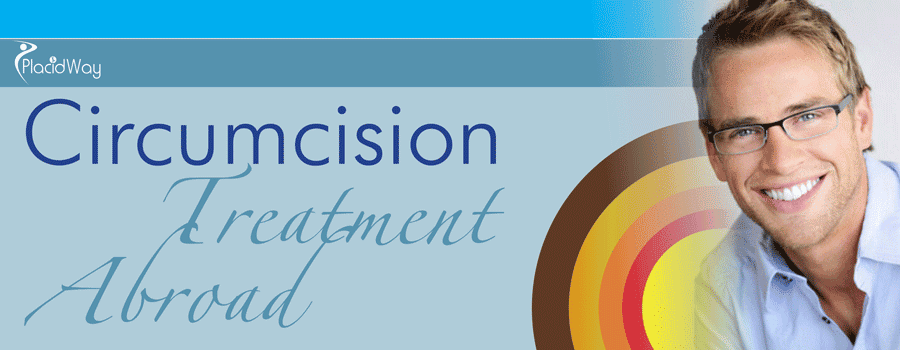
Circumcision is the medical procedure by which the foreskin (prepuce) is removed, that is the skin which covers and protects the tip of the penis, known as the glans. Although the procedure is sometimes necessary due to some medical problems, usually it is the strong cultural and religious belief the reason for which circumcision is made. Most Muslims and Jews circumcise their male children and in the United States the procedure is done on male children after they are born, before they leave the hospital.
The American Association of Pediatrics does not endorse circumcision for infant boys, but acknowledges the fact that the medical benefits of the procedure outweigh the risks. Medics advise parents to talk to their pediatrician before taking this decision.
Circumcision can help correct medical conditions, such as Phomosis, Paraphimosis or Balanposthitis. Although the foreskin protects the glans, it can also cause several problems.
Phimosis is a condition caused by the fact that the foreskin is too tight and cannot properly retract from the glans, while Paraphimosis is caused by the impossibility of the foreskin to properly return after it slide down from the glans. These conditions cause the swelling of both the glans and the foreskin.
Another condition is Balanposthitis, which is the swelling of the foreskin mucous surfaces, or the Frenulum Breve, when the frenulum is attached too tightly and causes discomfort and pain when the foreskin retracts.
Recent studies show that circumcision reduces with 50% the chances to be infected with Human Papillomavirus (HPV), a virus which might lead to cervical cancer. Circumcision also protects against infection from syphilis and Chlamydia, dramatically reduces the rate of HIV infection, as a circumcised man has with 60% less chances to contract HIV compared with an uncircumcised man. The procedure also lowers the risk of getting urinary tract infections.
Circumcision is a fairly simple and safe procedure, with no serious complications or problems if performed correctly. The patient might experience bleeding, pain and even irritation or infection.
The procedure is performed under local anesthesia, which means that topical anesthetic is applied on the surface or numbing agents are injected into the penis. There are several specialized devices or clamps to be used, such as the Mogen Clamp, the Gomco Clamp or the Plastibell Device, all with the same basic function, which is to separate the foreskin from the glans, protect the glans and cut or crush a ring of skin from the penis. If the clamps are used for an immediate procedure, the Plastibell will remain attached to the penis for several days.
As the penis must be kept very clean after the procedure, gauze or petroleum jelly will be applied for children to prevent fecal matter from the diaper to come into contact with the healing penis. Adults should avoid sexual activity for at least two weeks, until the penis is completely healed. The entire procedure takes about 30 minutes.
Depending on the age of the patient, circumcision can be performed a pediatrician for infants, a pediatrician, pediatric urologist or pediatric surgeon for small children, or by an urologist, plastic surgeon or general surgeon for adults.
Get in touch with us and find out more about your options!
Urology Abroad | Best Urology Center